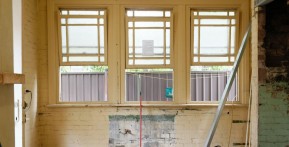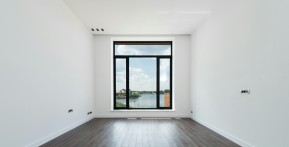The North South Wales government has recently announced that Sydney Metro's obtaining of about 61,000 square meters of CBD office was compulsory amidst concern about plummeting vacancy rates and rising rents. Many believe that the vacancy rates will continue to drop in Victoria's capital to below 5 percent in the next 12 months or so, causing rent rates to spike, The Sydney Morning Herald reports.
On the other hand, according to Domain, actual data from Property Council of Australia states that the average vacancy rate is 6.3 percent, which make the above projection farfetched. This is backed by the fact that over the period of 18 months from the last semester of 2015 and throughout 2016, the gross joint total of commercial space available will be 371,506 square meters. However, part of the amount will comprise those either pull out permanently or temporarily withdrawn for renovation.
The probable reason that some analysts think that the vacancy rate will fall below 5 percent is the influx of tenants from the non-CBD regions as the job market grows and occupancy is expected to rise by 2 percent in the same 18-month period. On the other side, for a building owner, the rise in rent will be good news. This is a trend that would likely spill over to 2018 until new inventory comes in the future.
In the meantime, Sydney's housing market is looking troubled by a previously recorded drop in home prices. As previously reported, Sydney saw the biggest drop in home prices at 3.1 percent, according to Domain's House Price Report for the quarter ending December 2015. The sudden decrease in home prices was due to the drastic fall of investors lately. While the recent actions by China to restrict investments abroad is suspected as a factor, analysts believe that it's the rising prices in Sydney that is driving investors.
At the moment home prices have fallen, rents are high, vacancy rates are low, and China is keeping investors from putting money in Sydney. Will Sydney soon fall behind other Australian markets like Brisbane and Melbourne?













